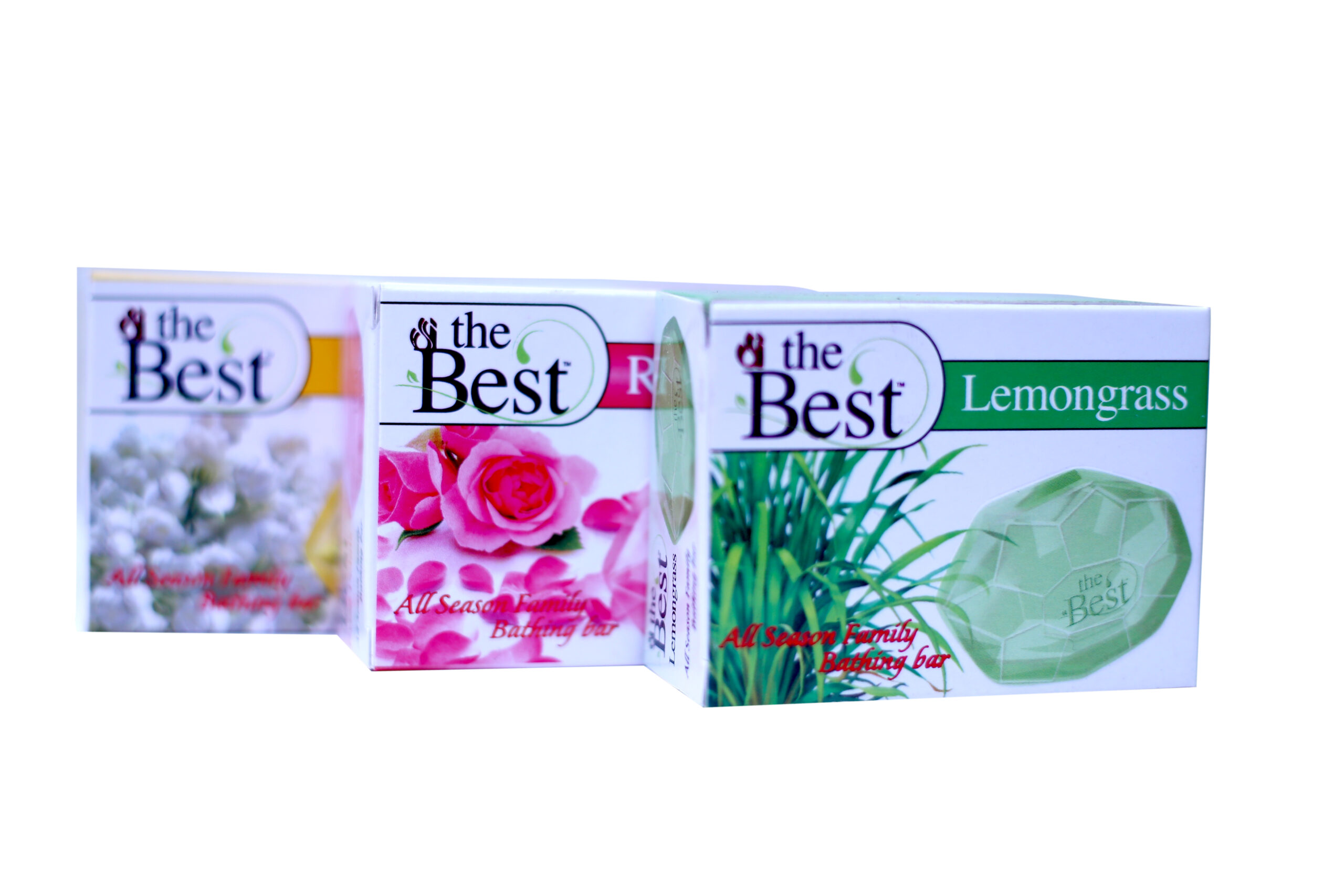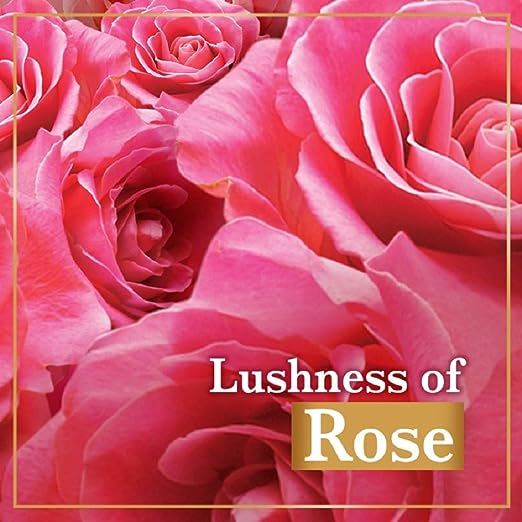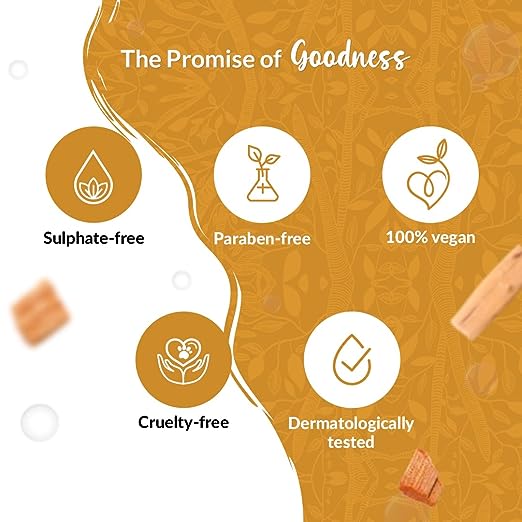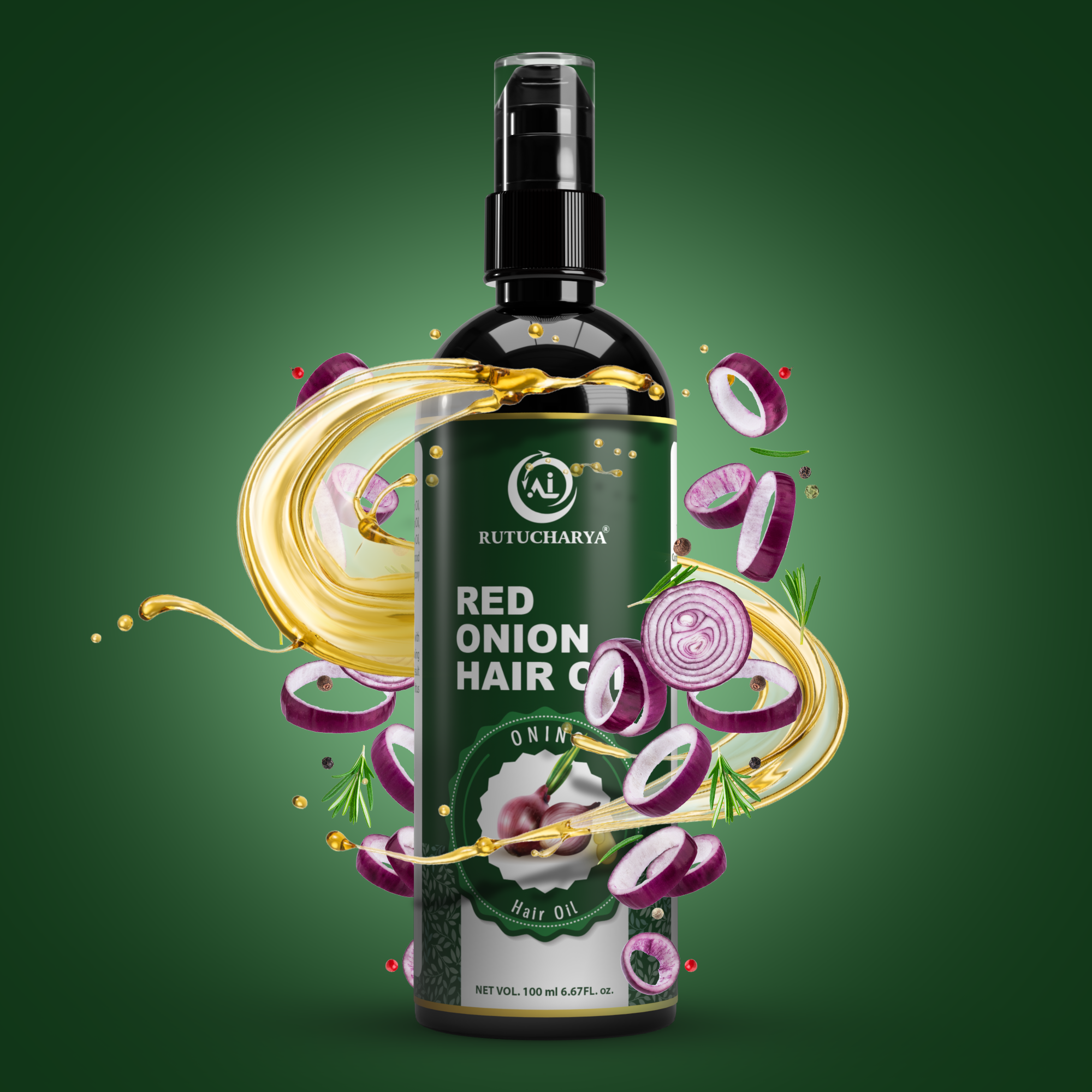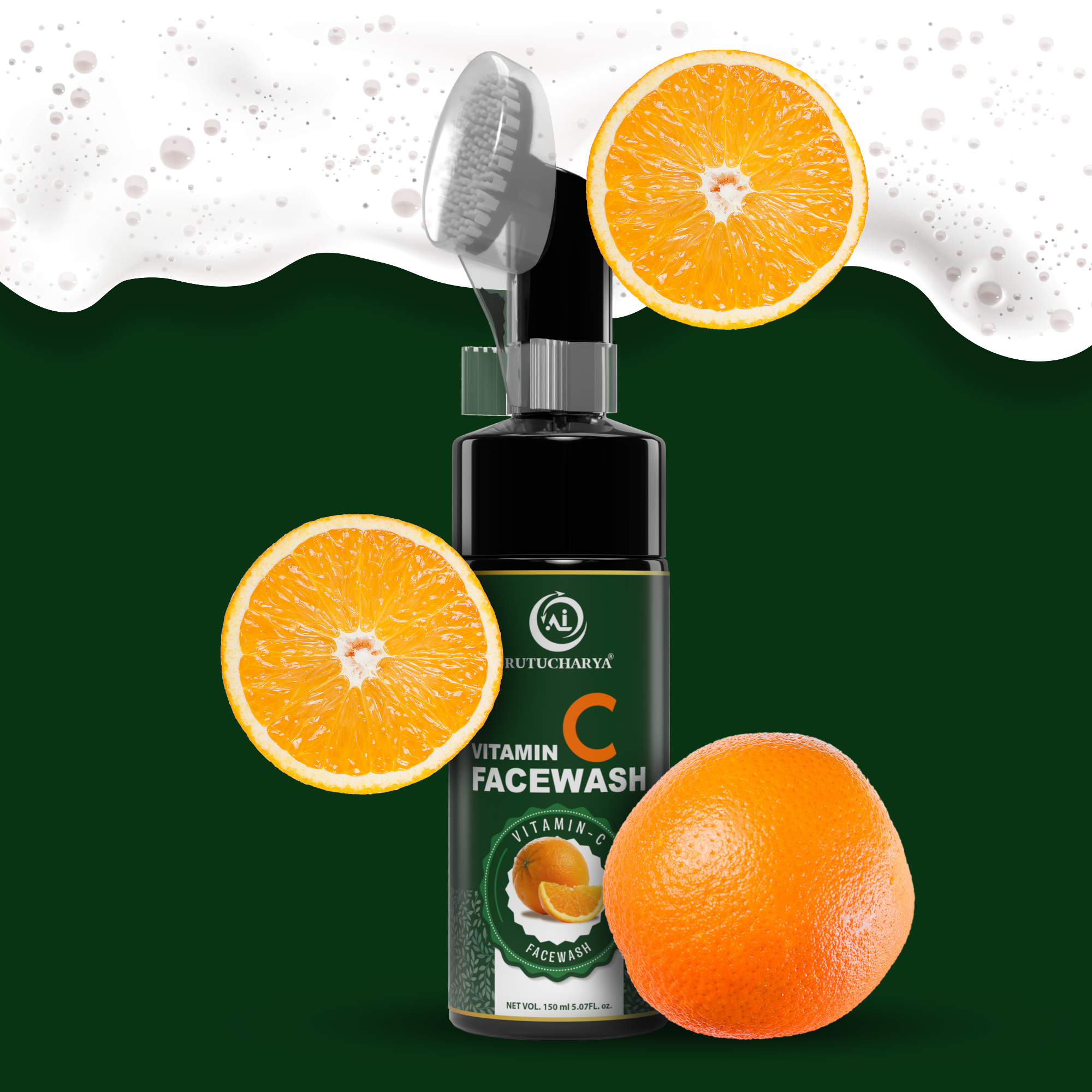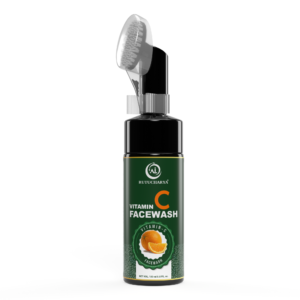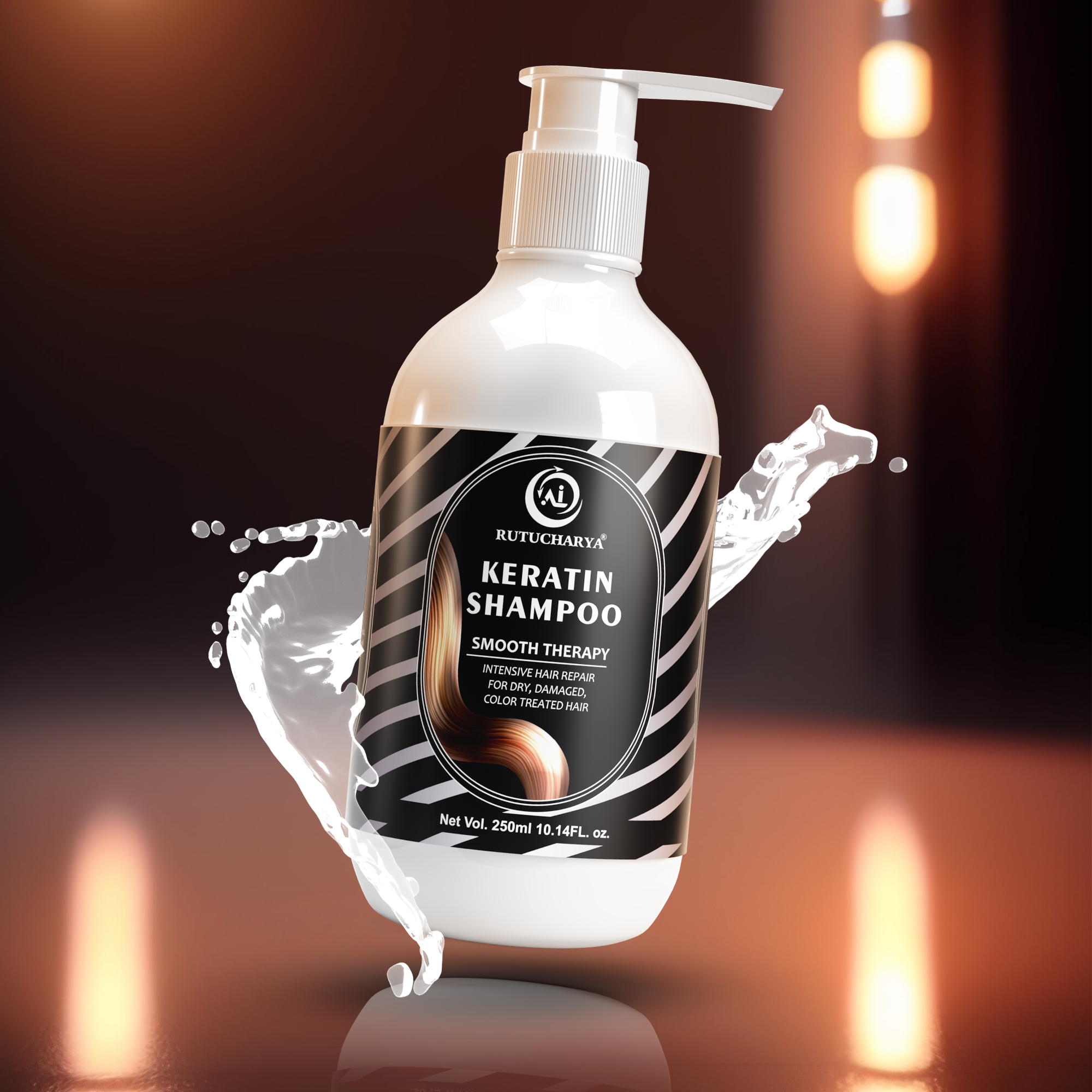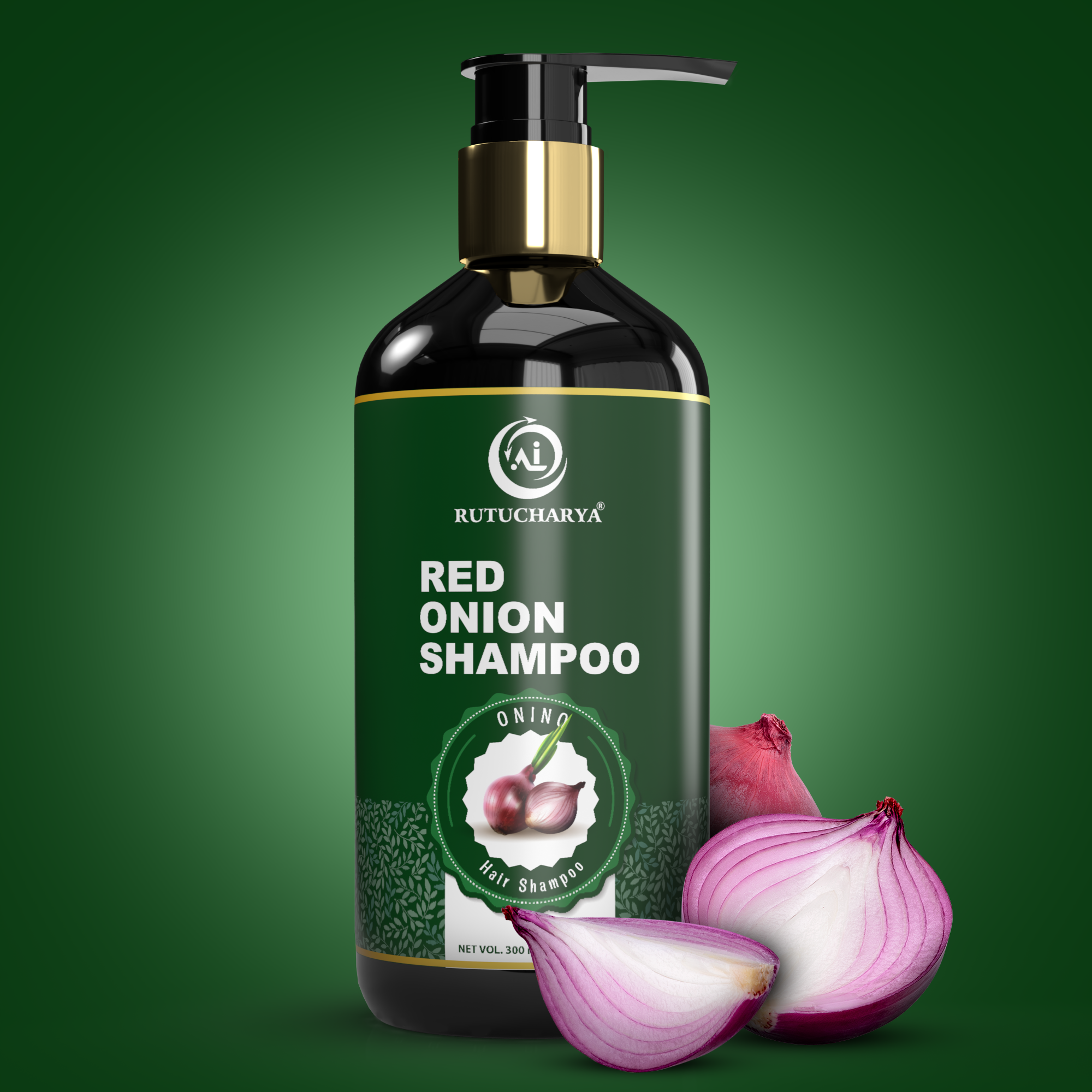About this item
The Best Soap (Jasmin, Lemongrass, Rose) is naturally anti-bacterial and soothing which helps to boost complexion. Glycerin makes the skin soft and supple and removes fine lines and wrinkles. Coconut oil penetrates the skin deeply moisturizing it. Rose water is a great cleanser that removes dirt and plays an effective role to get rid of acne. Richness of vitamins and minerals, this natural product keeps your skin healthy.🌿
The Best organique Rose glycerine soap Ingredient :- Glycerine and Vegetable Oils.🌿
The best Soap herbal glycerine soap direction of use :- Apply soap on wet body and face, rub to produce lather, then wash off..🌿
The best natural glycerine soap for all type of skin and hair.🌿
The best handmade glycerine soap no chemical no side effect 100% natural and pure.🌿
Transparent Ultra Clear Glycerin Natural Soap-75gm
Instock
Soap Benefit
Glycerin natural soap, also known as glycerine or glycerol soap, is a type of soap that contains glycerin, a natural compound derived from fats and oils. Glycerin is a humectant, which means it attracts moisture to the skin and helps to retain it. This property offers several potential benefits for the skin:
Moisturization: Glycerin soap is known for its moisturizing properties. It helps to keep the skin hydrated by drawing moisture from the air onto the skin’s surface. This can be especially beneficial for individuals with dry or sensitive skin.
Gentleness: Glycerin soap is often considered gentler on the skin compared to some other types of soap. It doesn’t strip the skin of its natural oils, making it a good option for those with sensitive or easily irritated skin.
Non-irritating: Glycerin soap is less likely to cause irritation or allergic reactions because it usually contains fewer harsh chemicals and additives. This makes it suitable for individuals prone to skin allergies.
Cleansing: While being gentle, glycerin soap still effectively cleanses the skin by removing dirt, oil, and impurities. It helps to maintain the skin’s natural pH balance, which is important for healthy skin.
Acne and Blemishes: Glycerin soap may be beneficial for individuals with acne-prone skin. It cleanses the skin without clogging pores and can help manage excess oil production.
Aging and Wrinkles: The moisturizing effect of glycerin soap can contribute to smoother and more supple skin, potentially reducing the appearance of fine lines and wrinkles.
Healing Properties: Glycerin has been reported to have some healing properties, such as promoting the healing of wounds, minor cuts, and burns.
Skin Conditions: Glycerin soap may be suitable for various skin conditions like eczema or psoriasis due to its gentle and hydrating nature. However, individual results may vary, and it’s advisable to consult a dermatologist.
It’s important to note that not all glycerin soaps are the same, and the benefits can vary based on the formulation and additional ingredients. When choosing a glycerin natural soap, look for products with minimal additives, artificial fragrances, and synthetic colorants to maximize the potential benefits for your skin. As with any skincare product, it’s a good idea to do a patch test before using a new soap on your entire body, especially if you have sensitive skin or known allergies.
Description
Ingredient
Glycerin soap is typically made with a few key ingredients, including glycerin itself, along with various other components that contribute to its cleansing and moisturizing properties. The specific ingredients can vary depending on the brand and formulation, but here are some common components you might find in glycerin soap:
- Glycerin: This is the main ingredient that gives glycerin soap its moisturizing properties. Glycerin is a humectant, meaning it attracts moisture to the skin and helps to retain it.
- Natural Oils and Fats: Glycerin soap is often made from natural oils and fats, such as coconut oil, palm oil, olive oil, or other vegetable oils. These oils contribute to the soap's cleansing ability and can also add moisturizing properties.
- Sodium Hydroxide (Lye): Lye is used in the soap-making process to saponify the oils and create soap. While lye is used in the initial stages of soap-making, it reacts with the oils and fats and is no longer present in the final product.
- Water: Water is used to dissolve the lye and create a soap mixture. It's an essential component of the soap-making process.
- Botanicals and Additives: Some glycerin soaps may include botanical extracts, herbal infusions, or other natural additives to enhance the soap's benefits. Examples include aloe vera, chamomile, calendula, and essential oils.
- Fragrances: Glycerin soaps may contain natural essential oils or synthetic fragrances to add pleasant scents to the soap. If you prefer unscented products, you can find fragrance-free glycerin soaps as well.
- Natural Colorants: Some glycerin soaps may use natural colorants derived from plants, herbs, or minerals to give the soap its color. Be aware that some colorants may cause allergic reactions in sensitive individuals.
- Antioxidants and Vitamins: Some glycerin soaps are enriched with antioxidants like vitamin E or other vitamins to provide additional skin benefits.
It's important to read the ingredient list on the product packaging to understand what's included in a specific glycerin soap. If you have sensitive skin or allergies, you should be cautious and perform a patch test before using a new soap to ensure that you don't have any adverse reactions to the ingredients.

